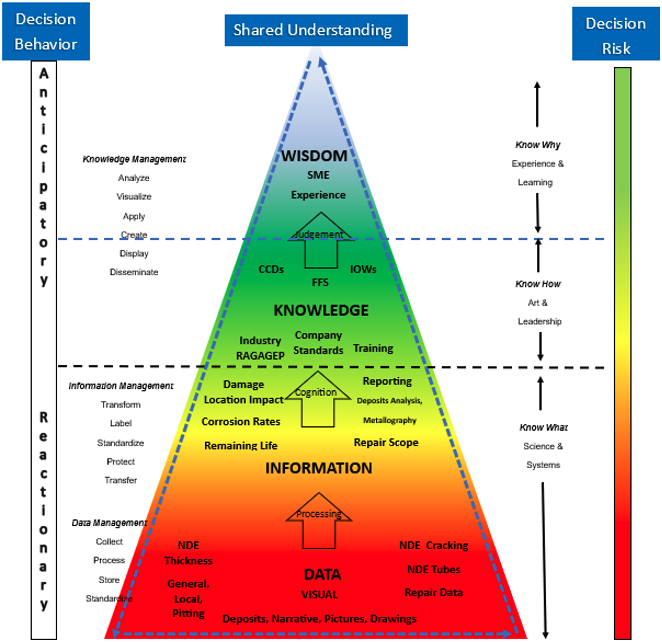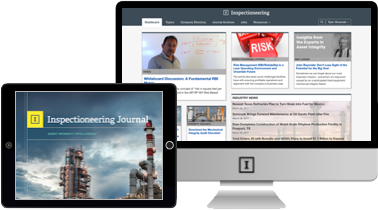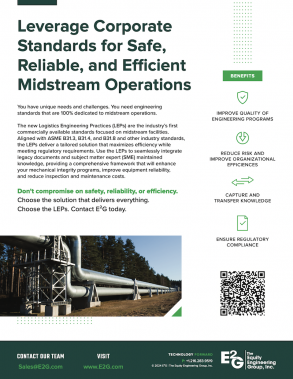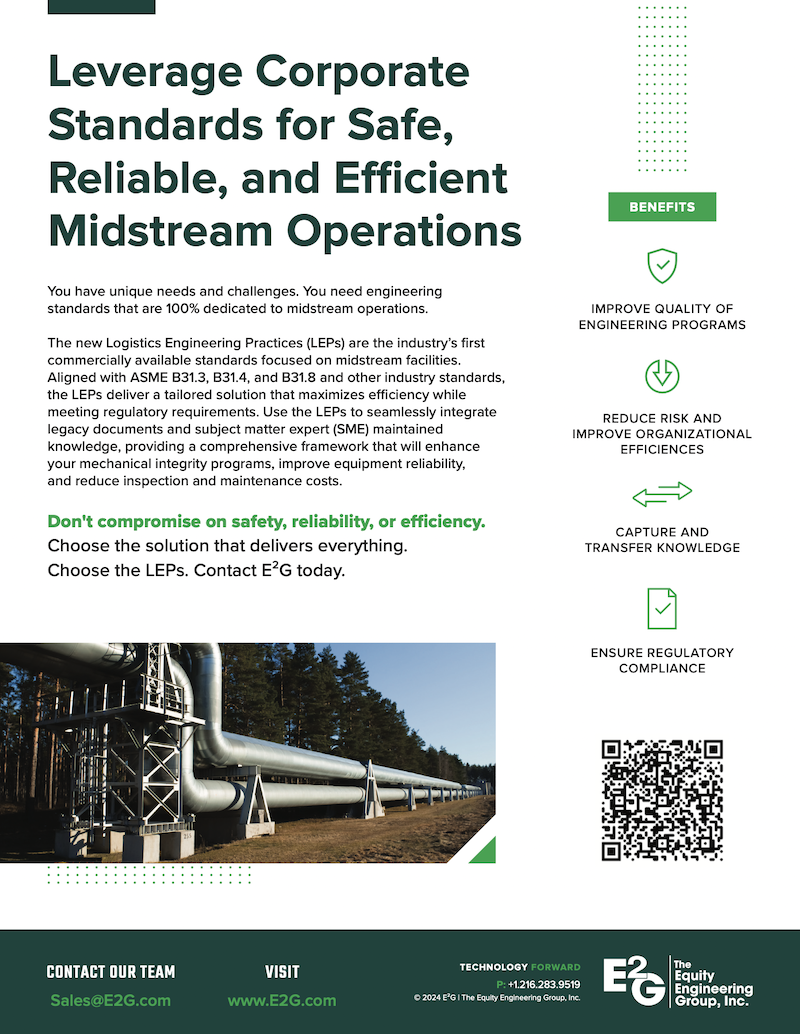| This article is part 1 of a 3-part series. |
| Part 1 | Parts 2 & 3 (Coming Soon) |
Introduction
In attempts to support and sustain effective mechanical integrity (MI) programs, petroleum refining and chemical plants spend significant resources evaluating the condition of pressure equipment within their facilities, particularly when performing onstream and internal inspections. One of the most significant and valuable outcomes generated by investing these resources is documentation and/or reports that should represent a progressive or continuous history of the equipment. These (progressive) inspection continuous history reports (ICHR) are primarily prepared and stewarded by the plant inspector which should completely and consistently capture and analyze the data gathered during the inspections throughout the operating history of the equipment as part of an organized effort to ensure the MI and reliability of the equipment. This ICHR is crucial in establishing current and future condition assessments for the equipment in question [1]. The ICHR critically supports other interdependent mainstays of current plant MI practices such as corrosion control documents (CCDs), integrity operating windows (IOWs), and risk-based inspection (RBI). These supporting initiatives provide real-time data assessment points and parameters to provide measures of impact on plant operation exposure to the degradation that may be occurring within the equipment.
Despite some rudimentary guidance provided in industry standards such as API 510 and API RP 572, the author’s experience with applications of MI, CCD, IOW, and RBI development is that the range of quality of what is reported in the ICHR begs for improved industry guidelines on what constitutes good quality for the effort spent to be optimally effective [2, 3]. This article is the first of three articles discussing this issue. Part 1 will provide a suggested framework for generating a complete ICHR. Part 2 will present the pitfalls seen in current ICHR practices addressing data reporting and information analysis and presents some suggested improved plant/industry guidelines to avoid these pitfalls. Part 3 will present further suggestions regarding documenting the advancement of the ICHR to include the knowledge and wisdom portions of this framework in support of generating sound recommendations for maintaining the equipment mechanical integrity, improving the capability of today’s plant inspector, and facilitating evergreening of supporting MI processes and programs.
The DIKW Pyramid
The primary issue to address is defining the expected framework for documentation with an ICHR. In addition to being a repository of pertinent, consistent quality data gathered during an inspection, the expectation must be a full analysis document translating the gathered inspection data into applicable, contextualized information which should then be analyzed and translated into knowledge of what is happening, and then using wisdom to explain why this is happening and critically define what is best for the future MI programs (i.e. future inspections, maintenance, CCD, IOWs) for the equipment item [4].
Figure 1 represents this data-information-knowledge-wisdom (DIKW) framework pyramid adopted to represent how this would apply to the equipment inspection ICHR process [5].




















Comments and Discussion
There are no comments yet.
Add a Comment
Please log in or register to participate in comments and discussions.